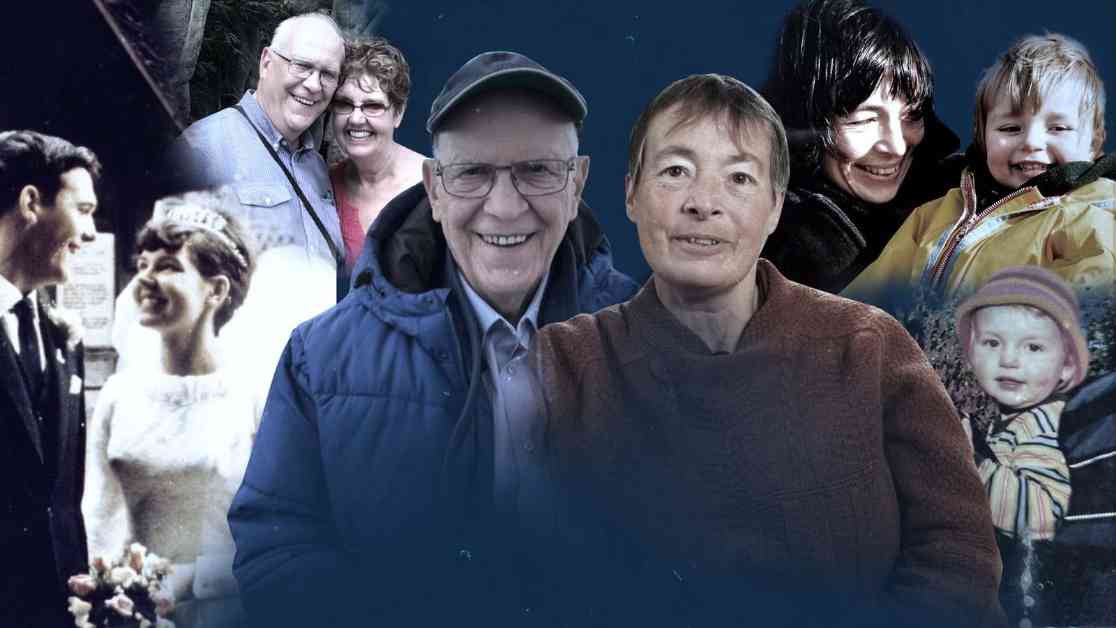Clare Turner, a 59-year-old woman from Devon, shares her desire for a peaceful death under the oak tree in her garden. She envisions her daughters playing the guitar, surrounded by nature, as she passes away. Despite her stage four cancer diagnosis, Clare has come to terms with her illness and hopes to release her energy into the natural world when the time comes. She highlights the importance of assisted dying as an option for those who wish to avoid unnecessary suffering.
In contrast, Philip from the Midlands has a different perspective. Diagnosed with pancreatic cancer, he believes that the timing of his death is in God’s hands. He recalls his mother’s battle with cancer and her dignified passing, emphasizing the sanctity of life and the irreversible nature of death. Philip expresses concern about the potential consequences of legalizing assisted dying, citing examples from other countries where eligibility criteria have expanded over time.
Both individuals offer unique insights into their experiences with terminal illness and their views on end-of-life choices. While Clare advocates for assisted dying as a means of preserving dignity and reducing trauma, Philip emphasizes the value of life and the potential risks associated with legalizing euthanasia. Their stories underscore the complexity of the assisted dying debate and the deeply personal nature of such decisions.
As society grapples with ethical and legal considerations surrounding end-of-life care, it is essential to engage in thoughtful conversations that respect diverse perspectives. While Clare and Philip may hold differing opinions on assisted dying, their stories serve as powerful reminders of the need for compassion, understanding, and support for individuals facing terminal illnesses. Initiatives to improve palliative care services and address the emotional needs of patients and families are crucial steps towards ensuring a compassionate and dignified end-of-life experience for all.













